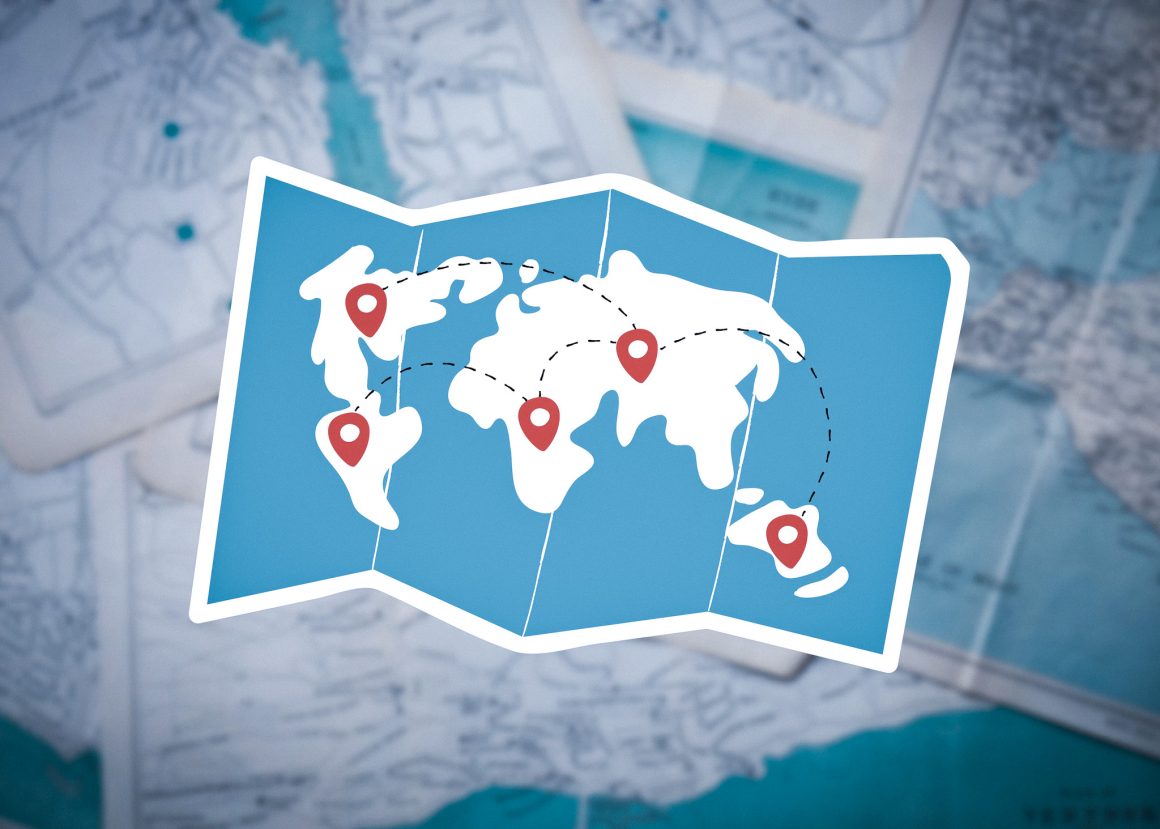
U of C researchers establish digital dashboard to support refugee health care systems
By Julianna Keskic, July 31 2024—
Accessing primary care for new refugees in Canada is a necessary and crucial step for new refugees upon their arrival. As surges of refugees occur more often in recent years, the capacity of the refugee health network has been under pressure. Researchers at the University of Calgary have created the Canadian Refugee Healthcare System Atlas, or simply, the Atlas to put all the information necessary to provide care to refugees in one easily accessible place.
In an interview with the Gauntlet, Dr. Annalee Coakley — a clinical assistant professor in the Department of Family Medicine at the Cumming School of Medicine (CSM) and co-director of Refugee Health YYC at the O’Brien Institute for Public Health at the University of Calgary — discusses the Canadian Refugee Healthcare System Atlas.
Coakley explained that the Atlas — researched and developed by U of C researchers co-led by Dr. Coakley and Dr. Gabriel Fabreau — arose from an understanding that refugee surges greatly impact the Canadian refugee health network’s capacity to provide primary care efficiently and effectively.
Starting with the Syrian refugee surge in 2016, capacity rapidly became a struggle for the resettlement agency and its community health center partners such as the family care clinic and the Alex.
“Before the Syrian surge, Calgary would resettle between 300 and 400 government-sponsored refugees every year — the same for privately sponsored refugees as well. During the Syrian Resettlement project, thousands of refugees landed in Calgary,” Coakley said.
Coakley shared the research questions her team of researchers were asking — what exactly the refugee healthcare network in Canada is and what the maximum capacity of the refugee health clinics is within this network.
“Calgary’s refugee primary care network no longer had the adequate capacity to do people’s intake and health screening,” explained Coakley “It got us thinking, what exactly is our refugee health system across Canada? Ultimately, We are a loose network of clinics that have organically grown over the years to meet the needs of newly arrived refugees.”
Coakley explained the findings from their research led to the creation of the Atlas as a way to fill the gaps they discovered.
“The data showed us that we needed to work hard provincially and federally to build up the capacity of our mainstream health system to meet the needs of newly arrived refugees by connecting the high level high functioning refugee clinics across the country with accessible information to better treat new refugees as well as improve the efficiency of refugee intake.”
The Canadian Refugee Healthcare Atlas aims to be a one stop shop for information about the refugee health network. It is meant to be understandable from the point of view of not only healthcare providers but policymakers from Alberta Health, Immigration Resettlement and Immigration Refugees and Citizenship Canada.
“It gives us a playbook to be able to meet the needs of refugees being resettled during a surge when time is a critical factor,” said Dr. Coakley.
Dr. Coakey highlighted the atlas not only provides that one-stop shop, but also includes links to other related websites.
“Through our website — Refugee Health YYC — you can find more links to other useful sites such as the International Organization for Migration (IOM), who have just released their world report on the state of migration in the world.” Dr. Coakley said.
For more information about the Canadian Refugee Healthcare System Atlas you can check out more at the U of C website here. You can also find information at Refugee Health YYC.
